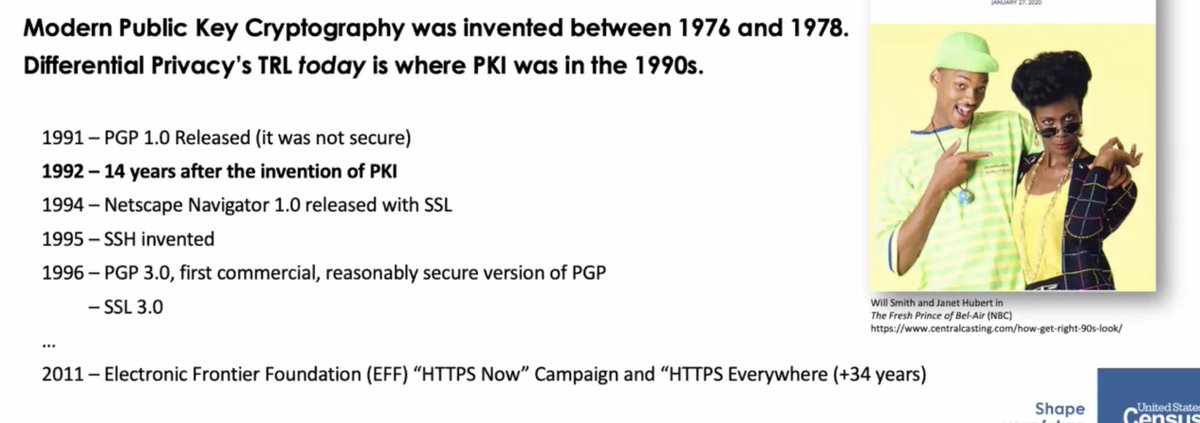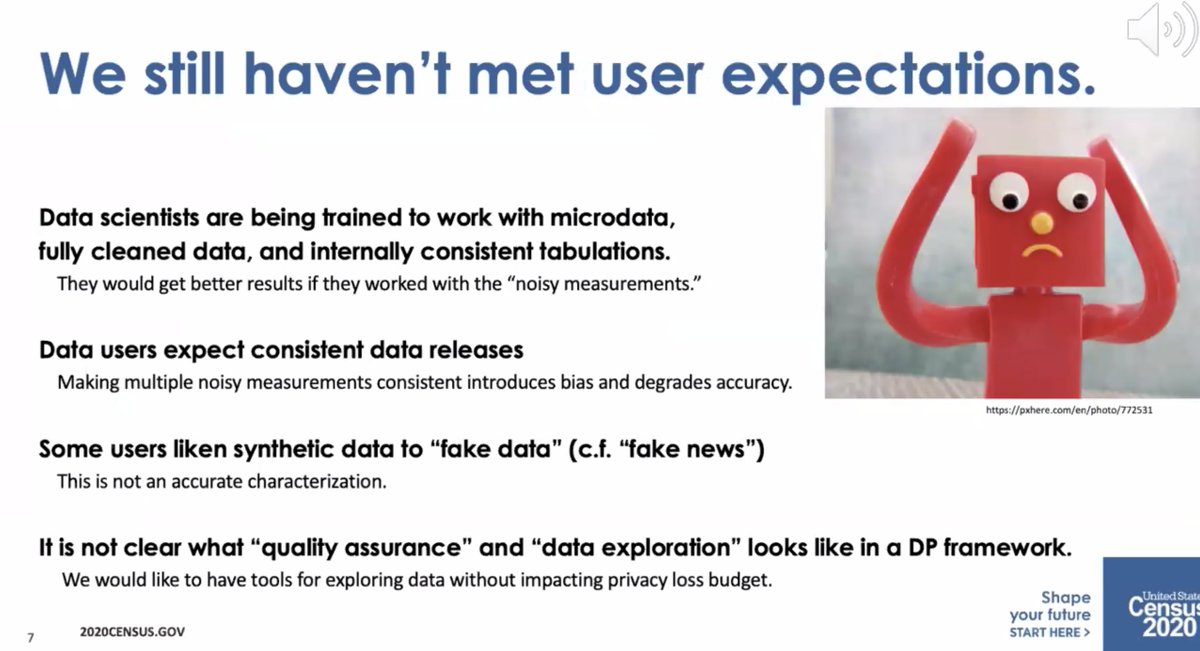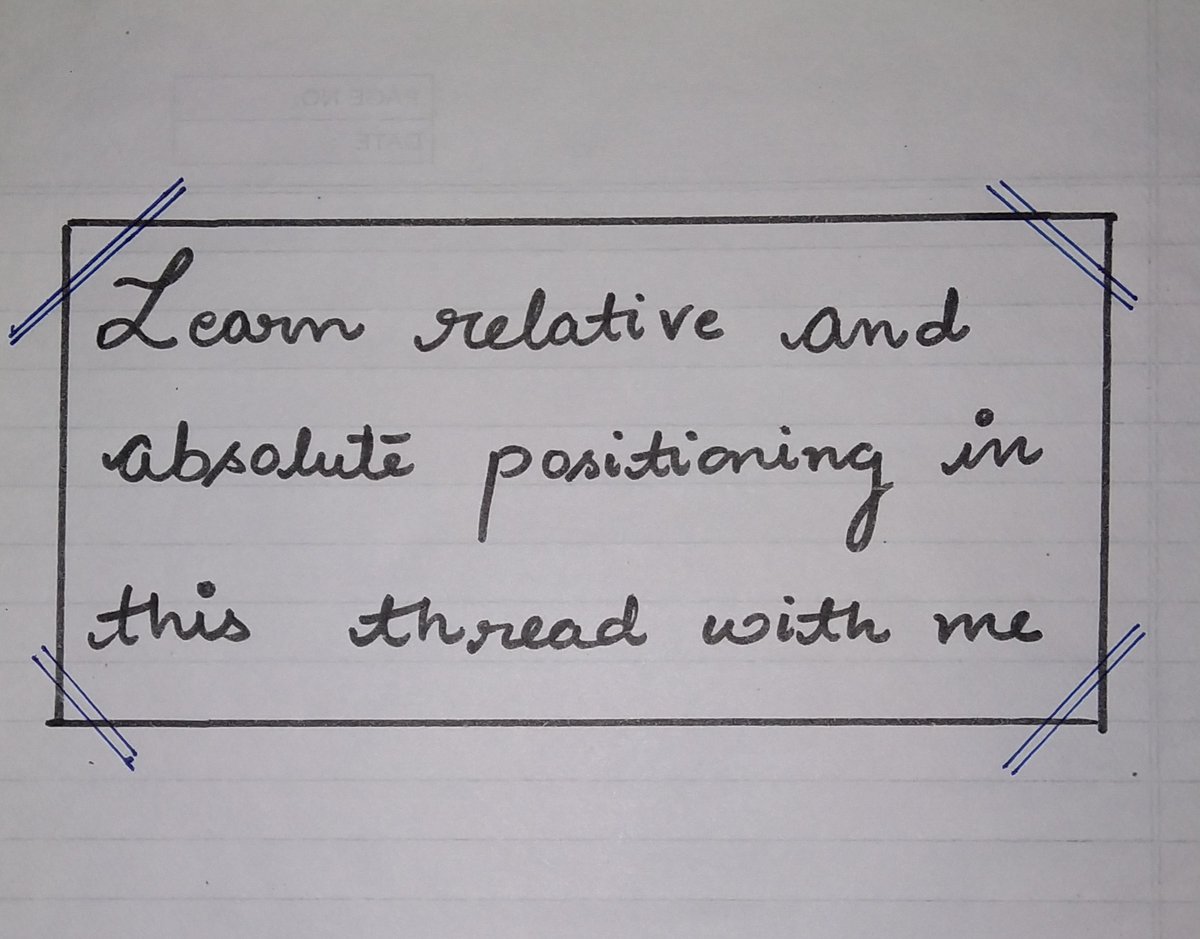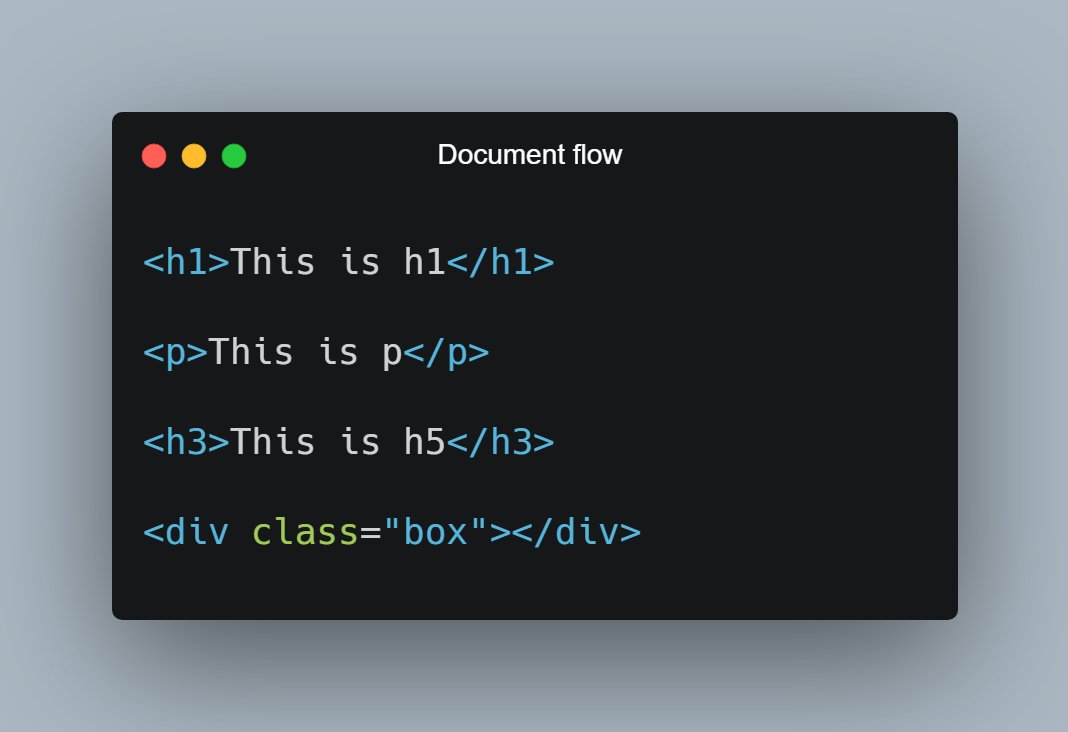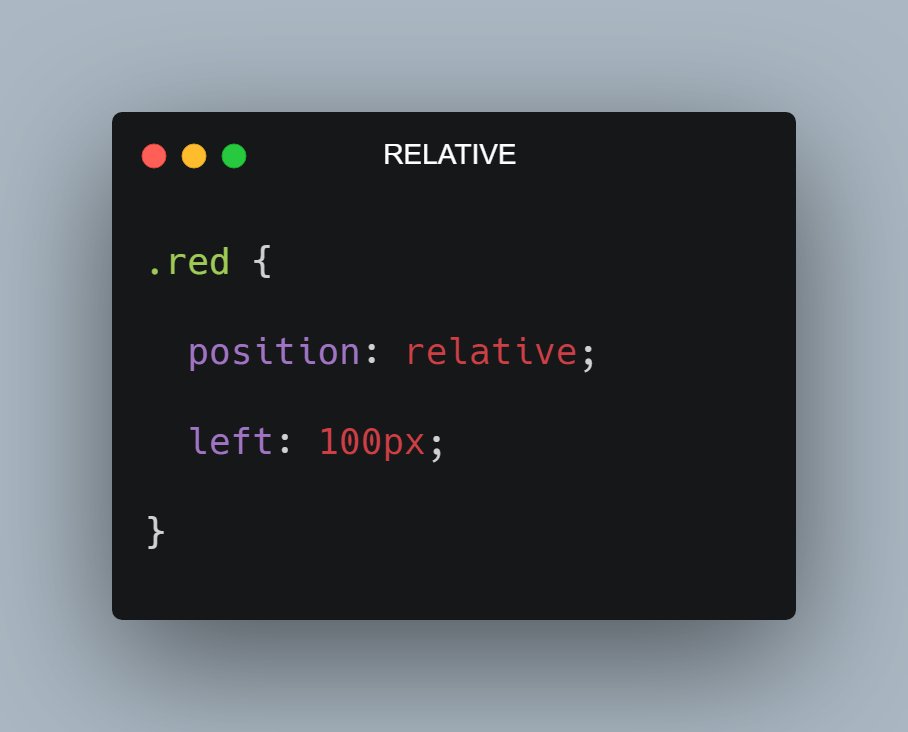So what does a place of origin signify? The different market conditions, political context and imo most importantly, the development stage of the country.
1) Let's talk about the question of 'how should we think about Chinese tech'
What do we talk about when we talk about Chinese tech? Who is 'we' here? How do you pronounce Elema?
I've hit 10k in followers and it's time to earn my stripes as a thinkboi.
So what does a place of origin signify? The different market conditions, political context and imo most importantly, the development stage of the country.
China's different market conditions and political context often means a parallel tech world
- Copy is not wrong, in fact, it shows you've picked a de-risked business model
- There are no unscalable resources, esp when labour is cheap
https://t.co/TeWzeTV2Wm
What happens when a developing country is innovating?
A lot of phenomenons of Chinese tech makes more sense once you consider it through a developmental lens on institution creation.
Chinese Mobile payments happened not just because credit card didn't take off, but because governments never created the institutions called credit agencies
I think China's also more upfront about the fact that tech giants are institutions and should therefore be held accountable to the same level.
Whether it's Grab or SEA in south-east Asia or Rappi in South America
In the West, you'll just be getting Substack 10 years after paid WeChat official accounts
https://t.co/MRIfXWCPCZ饿了吗
- @TechBuzzChina - great primer
- GGV's 996 podcast backlog (it's now called The Next Billion)
- Acquired podcast on PDD, Tencent and Alibaba
- My newsletter?
More from Lillian Li
More from Tech
I could create an entire twitter feed of things Facebook has tried to cover up since 2015. Where do you want to start, Mark and Sheryl? https://t.co/1trgupQEH9
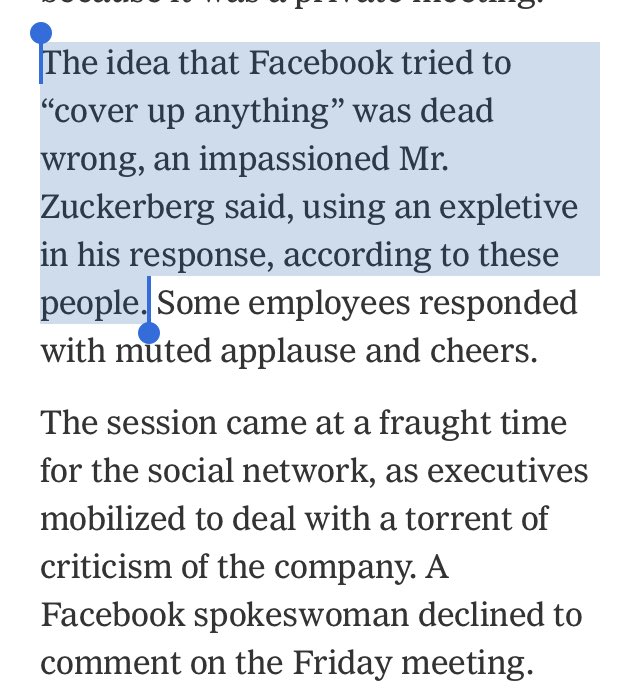
Ok, here. Just one of the 236 mentions of Facebook in the under read but incredibly important interim report from Parliament. ht @CommonsCMS https://t.co/gfhHCrOLeU
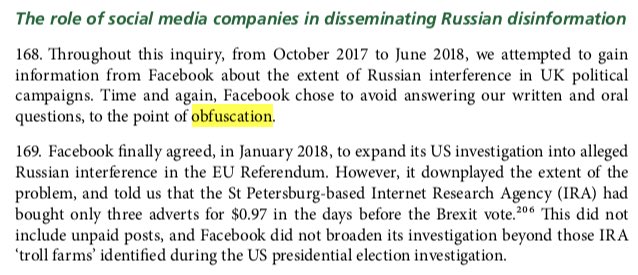
Let’s do another, this one to Senate Intel. Question: “Were you or CEO Mark Zuckerberg aware of the hiring of Joseph Chancellor?"
Answer "Facebook has over 30,000 employees. Senior management does not participate in day-today hiring decisions."

Or to @CommonsCMS: Question: "When did Mark Zuckerberg know about Cambridge Analytica?"
Answer: "He did not become aware of allegations CA may not have deleted data about FB users obtained through Dr. Kogan's app until March of 2018, when
these issues were raised in the media."

If you prefer visuals, watch this short clip after @IanCLucas rightly expresses concern about a Facebook exec failing to disclose info.

Ok, here. Just one of the 236 mentions of Facebook in the under read but incredibly important interim report from Parliament. ht @CommonsCMS https://t.co/gfhHCrOLeU

Let’s do another, this one to Senate Intel. Question: “Were you or CEO Mark Zuckerberg aware of the hiring of Joseph Chancellor?"
Answer "Facebook has over 30,000 employees. Senior management does not participate in day-today hiring decisions."

Or to @CommonsCMS: Question: "When did Mark Zuckerberg know about Cambridge Analytica?"
Answer: "He did not become aware of allegations CA may not have deleted data about FB users obtained through Dr. Kogan's app until March of 2018, when
these issues were raised in the media."

If you prefer visuals, watch this short clip after @IanCLucas rightly expresses concern about a Facebook exec failing to disclose info.
A company as powerful as @facebook should be subject to proper scrutiny. Mike Schroepfer, its CTO, told us that the buck stops with Mark Zuckerberg on the Cambridge Analytica scandal, which is why he should come and answer our questions @DamianCollins @IanCLucas pic.twitter.com/0H4VMhtIFu
— Digital, Culture, Media and Sport Committee (@CommonsCMS) May 23, 2018














